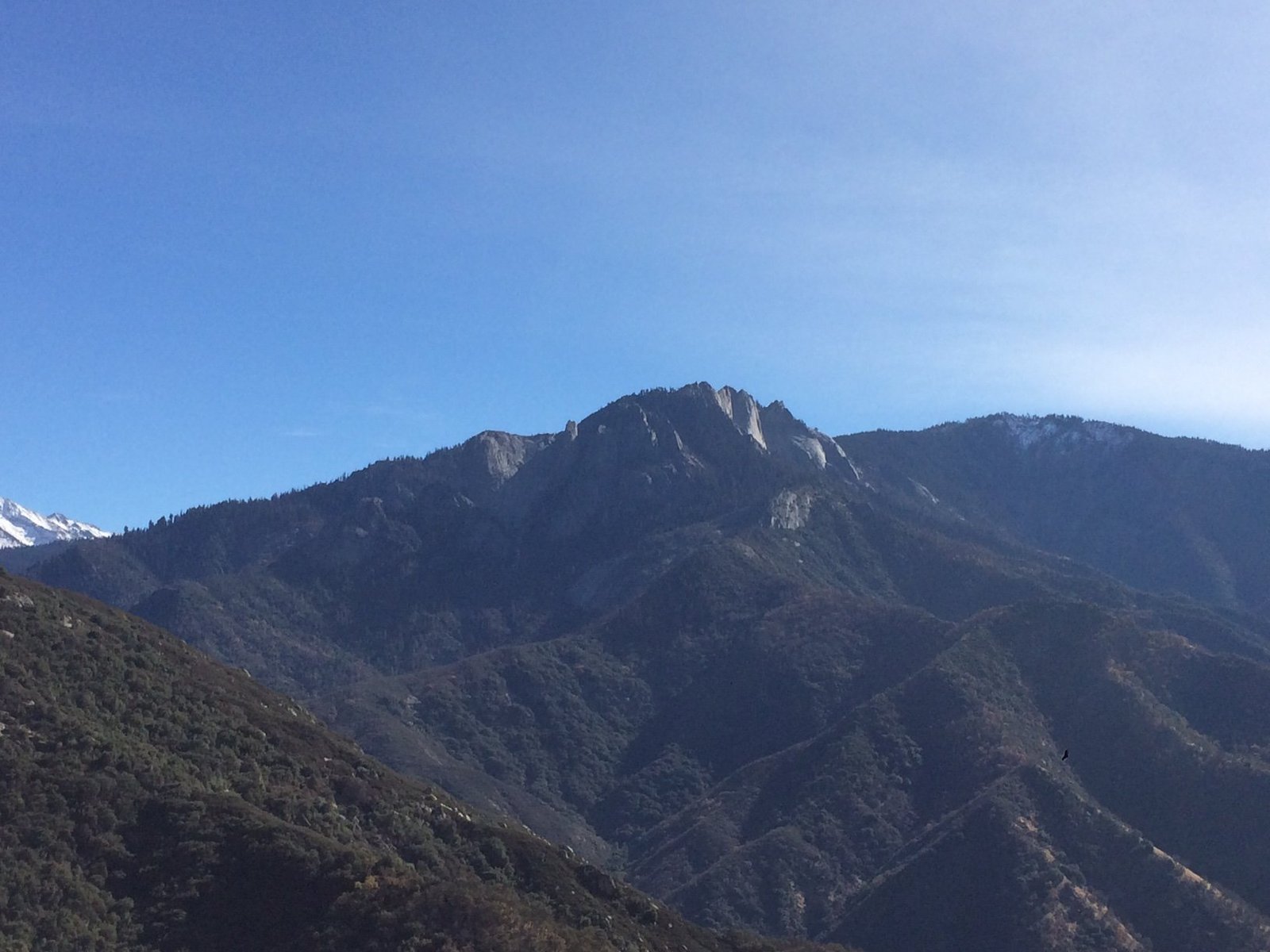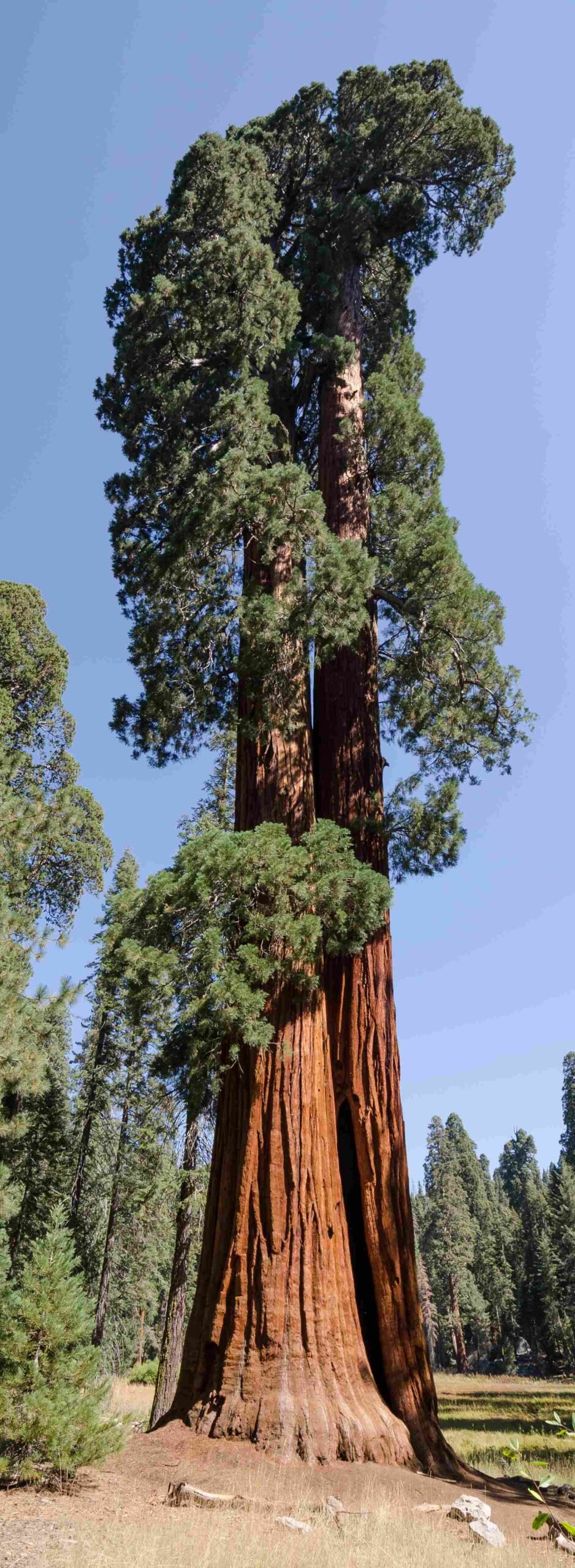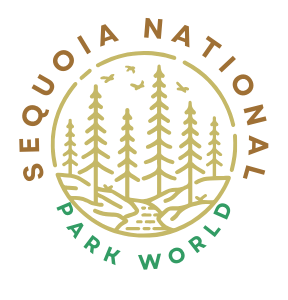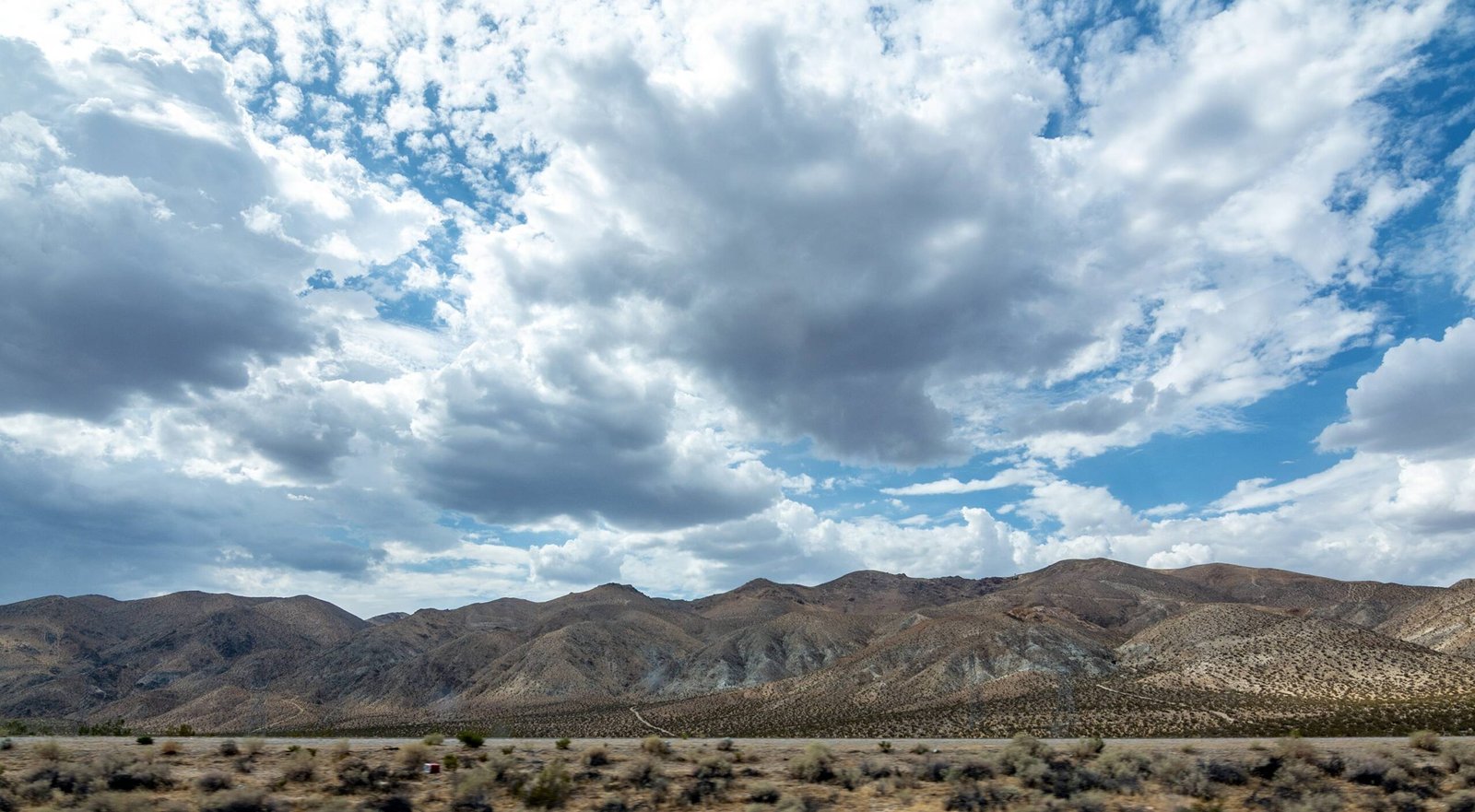The Ash Mountain Entrance to Sequoia National Park serves as the primary gateway for visitors entering the park from the south. Located at the foothills of the Sierra Nevada mountains, this entrance provides access to the diverse ecosystems of Sequoia National Park, from the lower elevation chaparral to the towering giant sequoia groves. Open 24/7 year-round, the Ash Mountain Entrance offers visitors a starting point for their journey into one of America’s most iconic national parks.
What Are the Operating Hours for the Ash Mountain Entrance?

The Ash Mountain Entrance to Sequoia National Park is accessible 24 hours a day, 365 days a year. However, it’s important to note that the entrance station, where fees are collected, operates on a specific schedule:
- Entrance station hours: Generally open from early morning to late evening
- Exact hours may vary seasonally
- During off-hours, self-pay stations are available
The nearby Foothills Visitor Center, located just past the entrance, has its own operating hours:
- Open 7 days a week
- Hours: 9:00 AM to 4:00 PM year-round
- May have extended hours during peak seasons
How Do I Get to the Ash Mountain Entrance?

Reaching the Ash Mountain Entrance is straightforward, with several routes depending on your starting point:
- From Visalia:
- Take CA-198 East towards Sequoia National Park
- Continue for approximately 36 miles
-
The entrance will be on your right
-
From Los Angeles:
- Take I-5 North to CA-99 North
- Exit onto CA-198 East towards Visalia
-
Follow CA-198 East for about 36 miles to the entrance
-
From San Francisco:
- Take I-5 South to CA-99 South
- Exit onto CA-198 East towards Visalia
- Continue on CA-198 East for roughly 36 miles
What Amenities Are Available at the Ash Mountain Entrance?
The Ash Mountain Entrance area offers several amenities to help visitors start their park experience:
- Foothills Visitor Center:
- Trip planning information
- Park maps and brochures
- Exhibits on local flora and fauna
-
Small park store for souvenirs and supplies
-
Ranger Station:
- Current park conditions and alerts
- Backcountry permits (when applicable)
-
First aid assistance
-
Restroom Facilities:
- Clean, well-maintained restrooms
-
Drinking water stations
-
Picnic Areas:
- Several picnic spots near the entrance
- Tables and trash receptacles provided
What Camping Options Are Near the Ash Mountain Entrance?
For those looking to camp near the Ash Mountain Entrance, several options are available:
- Potwisha Campground:
- Location: 4 miles from the entrance
- Open: Year-round
- Sites: 42 sites for tents and RVs
-
Amenities: Flush toilets, drinking water, fire rings
-
Buckeye Flat Campground:
- Location: 7 miles from the entrance
- Open: Spring through fall
- Sites: 28 tent-only sites
-
Amenities: Vault toilets, drinking water, bear boxes
-
South Fork Campground:
- Location: 13 miles from the entrance
- Open: Year-round
- Sites: 10 primitive sites
- Amenities: Vault toilets, no water available
| Campground | Distance from Entrance | Open Season | Number of Sites | RV Friendly |
|---|---|---|---|---|
| Potwisha | 4 miles | Year-round | 42 | Yes |
| Buckeye Flat | 7 miles | Spring-Fall | 28 | No |
| South Fork | 13 miles | Year-round | 10 | No |
What Are the Must-See Attractions Near the Ash Mountain Entrance?
Several notable attractions are easily accessible from the Ash Mountain Entrance:
- Hospital Rock:
- Native American pictographs
- Short trail with interpretive signs
-
Located 6 miles from the entrance
-
Tunnel Rock:
- Unique rock formation
- Popular photo opportunity
-
2 miles from the entrance
-
Moro Rock:
- Granite dome with panoramic views
- Strenuous 350-step climb
-
14 miles from the entrance
-
Giant Forest:
- Home to some of the world’s largest trees
- Includes the General Sherman Tree
- Approximately 16 miles from the entrance
How Much Does It Cost to Enter Through the Ash Mountain Entrance?
Entrance fees for Sequoia National Park, collected at the Ash Mountain Entrance, are as follows:
- Private Vehicle: $35 (valid for 7 days)
- Motorcycle: $20 (valid for 7 days)
- Individual (on foot or bicycle): $20 (valid for 7 days)
- Sequoia and Kings Canyon Annual Pass: $70 (valid for one year)
Note: These fees also grant access to Kings Canyon National Park.
What Should I Know About Wildlife at the Ash Mountain Entrance?
The Ash Mountain Entrance area is home to diverse wildlife:
- Black bears are common; proper food storage is crucial
- Mountain lions inhabit the area but are rarely seen
- Mule deer are frequently spotted near the entrance
- Various bird species can be observed, including acorn woodpeckers and Steller’s jays
Remember:
– Never feed wildlife
– Keep a safe distance from all animals
– Store food properly in provided bear boxes or your vehicle
Are There Any Seasonal Considerations for the Ash Mountain Entrance?
Visitors should be aware of seasonal changes that may affect their visit:
- Summer (June-August):
- Busiest season with potential traffic congestion
- Higher temperatures at lower elevations
-
Advance reservations recommended for camping
-
Fall (September-November):
- Cooler temperatures and fewer crowds
- Fall colors in the foothills area
-
Some facilities may begin to close for winter
-
Winter (December-February):
- Snow chains may be required beyond the entrance
- Some higher elevation roads may close
-
Fewer services available in the park
-
Spring (March-May):
- Wildflowers bloom in the foothills
- Water levels in rivers and creeks are high
- Some facilities may still be closed from winter
By understanding these seasonal variations, visitors can better plan their trip to Sequoia National Park via the Ash Mountain Entrance, ensuring a memorable and safe experience in this natural wonderland.
References:
1. https://www.nps.gov/seki/planyourvisit/directions.htm
2. https://www.nps.gov/seki/planyourvisit/foothills.htm
3. https://www.nps.gov/seki/planyourvisit/campgrounds.htm
4. https://www.nps.gov/seki/planyourvisit/fees.htm

